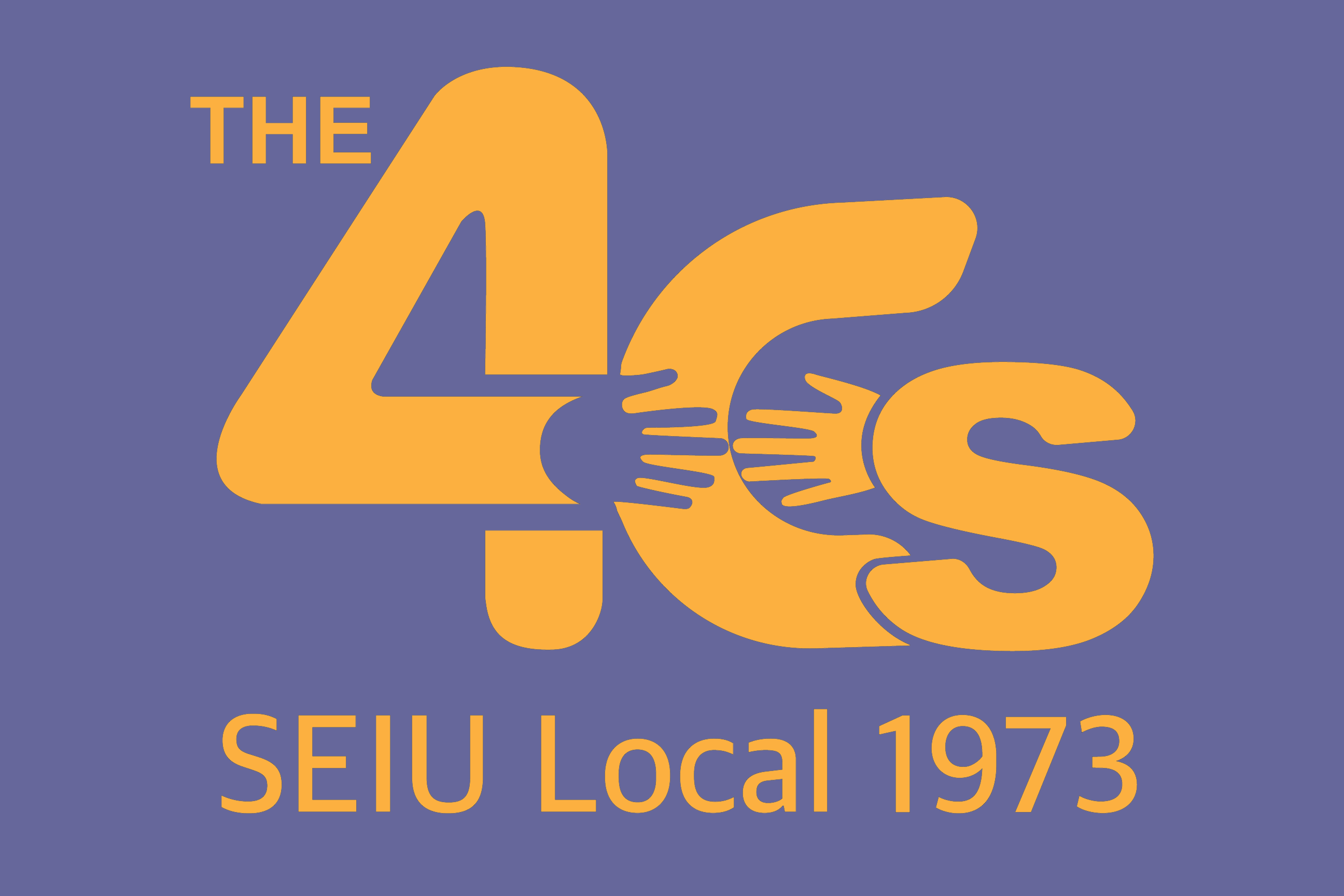Pride Month, which began in honor of the 1969 Stonewall Riots, represents a profound movement towards equality and acceptance. The Stonewall Riots were a series of spontaneous demonstrations by members of the LGBTQ+ community in response to a police raid at the Stonewall Inn in New York City, and they are widely considered a pivotal event in the fight for LGBTQ+ rights.
This month is a time to celebrate the progress made, but it is also a reminder of the ongoing struggles for equality and justice. Recent events highlight these struggles, including the troubling developments at Appalachian State University, where four leaders of a group for LGBTQ+ employees were recently terminated. When asked for reasons, two of the former employees were told, “North Carolina is an at-will state.” This action comes amid a backdrop of reduced emphasis on diversity, equity, and inclusion (DEI) initiatives and restrictions on pride events at the university.
The situation at Appalachian State is not isolated. Institutions like Texas Tech University and the University of Oklahoma have also scaled back or closed their DEI offices. These actions often precede or follow legislative efforts to limit DEI programs, as seen in states like Texas and Florida. Such measures are a stark reminder that the fight for LGBTQ+ rights and protections is far from over.
In light of these challenges, it is more important than ever to reaffirm our commitment to non-discrimination and inclusion. Our Collective Bargaining Agreement (CBA) explicitly outlines our dedication to these principles. Under Article II (Employee Rights), Section 2 (Nondiscrimination), our agreement states:
"The Board and the Congress shall continue their policy of not discriminating against any member of the bargaining unit on the basis of race, color, religious creed, national origin, ancestry, sex (including sexual harassment), sexual orientation, age, marital status, political affiliation, or present or past history of mental disorder, developmental disability, learning disability or physical disability, criminal record, or opposition to discrimination, as required by any federal or Connecticut statute or regulations pursuant thereto. The Board and the Congress agree not to discriminate against bargaining unit members based upon membership in any union representing employees of the Board of Regents. The parties acknowledge their mutual support of the concept of affirmative action."
This comprehensive nondiscrimination clause underscores our union's unwavering commitment to protecting the rights of all members, including those of diverse sexual orientations and gender identities. It is essential that we continue to uphold these values and support our LGBTQ+ colleagues, particularly in the face of external pressures and attacks on DEI initiatives that are occurring across the nation.
Moreover, as we honor Pride Month, we must also focus on the diverse student body our community colleges serve. Many of our students come from marginalized backgrounds and rely on our institutions for a safe and inclusive educational environment. Ensuring that our colleges receive adequate funding is crucial to maintaining programs and services that support all students, including those from the LGBTQ+ community. We must continue to advocate for resources that prevent any student from being left behind in our fight for equality and justice.
As we celebrate the advances in LGBTQ+ rights, let us renew our dedication to fostering a safe, inclusive, and supportive environment for all faculty, staff, and students. Our collective strength lies in our solidarity and our commitment to justice and equality for everyone in our academic community.
